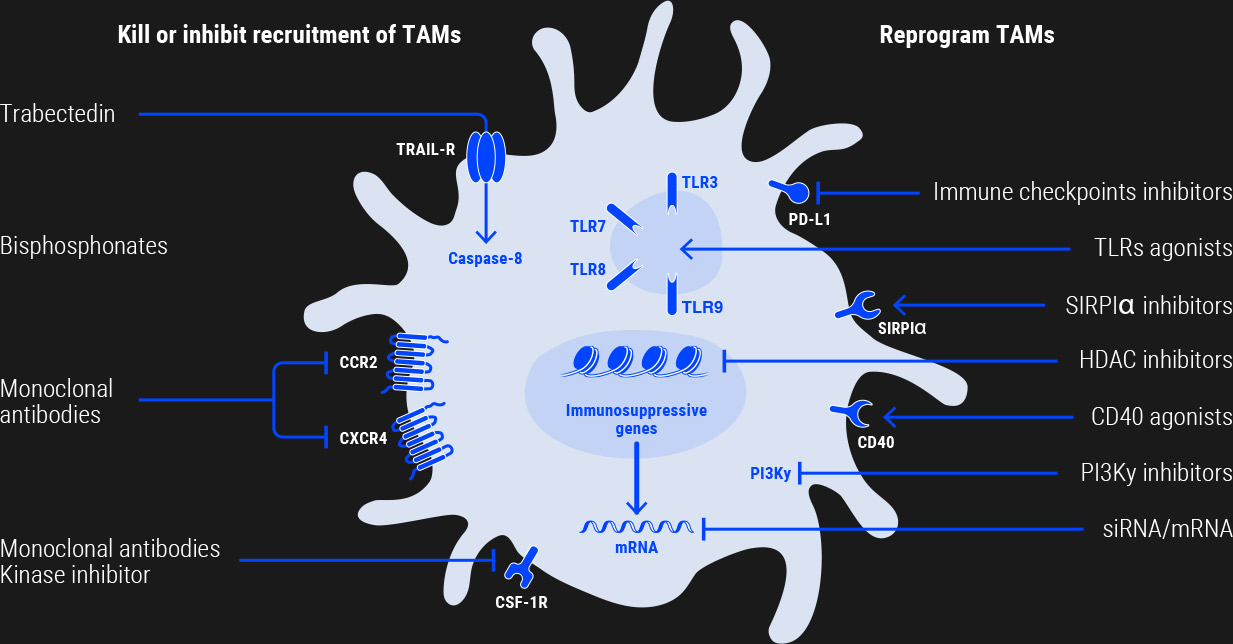Macrophage overview

Function
Macrophages are tissue-resident or infiltrating immune cells critical for innate immunity, normal tissue development, and repair of damaged tissue. Macrophages’ function is a result of their original designation, their local micro-environment, and the type of metabolites, substances or pathogens to which they are exposed.

Disfunction
Reprogrammed out of their homeostatic state, macrophages contribute to the pathophysiology of multiple diseases including cancer and various inflammatory disorders.
Allocetra represents a paradigm shift in macrophage reprogramming,
moving from a binary classification of M1 or M2 status,
to a holistic view of Macrophage Homeostasis
Sepsis
Outcomes of negative macrophage reprogramming resulting in lack of homeostasis


